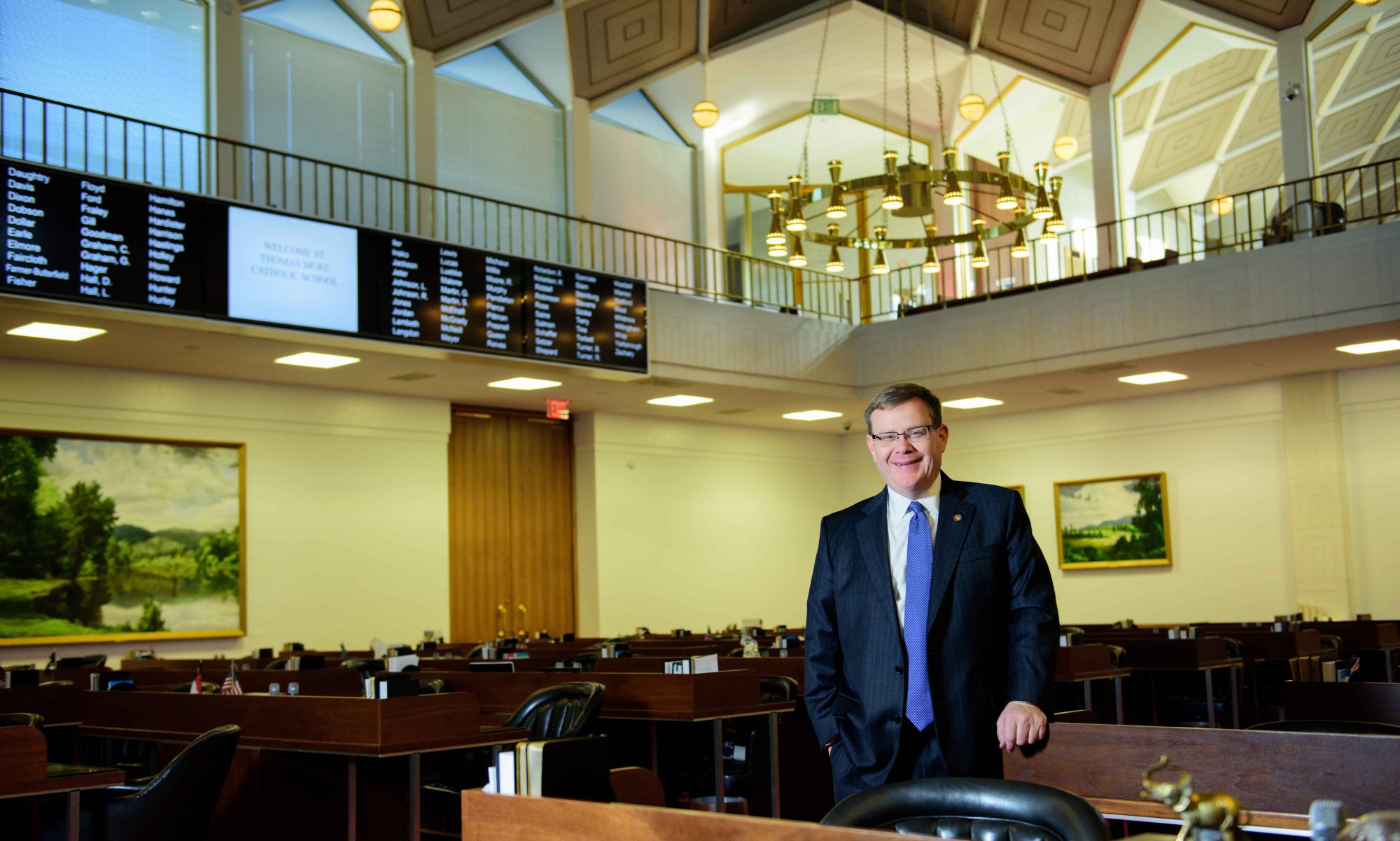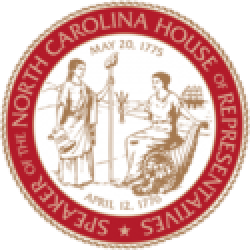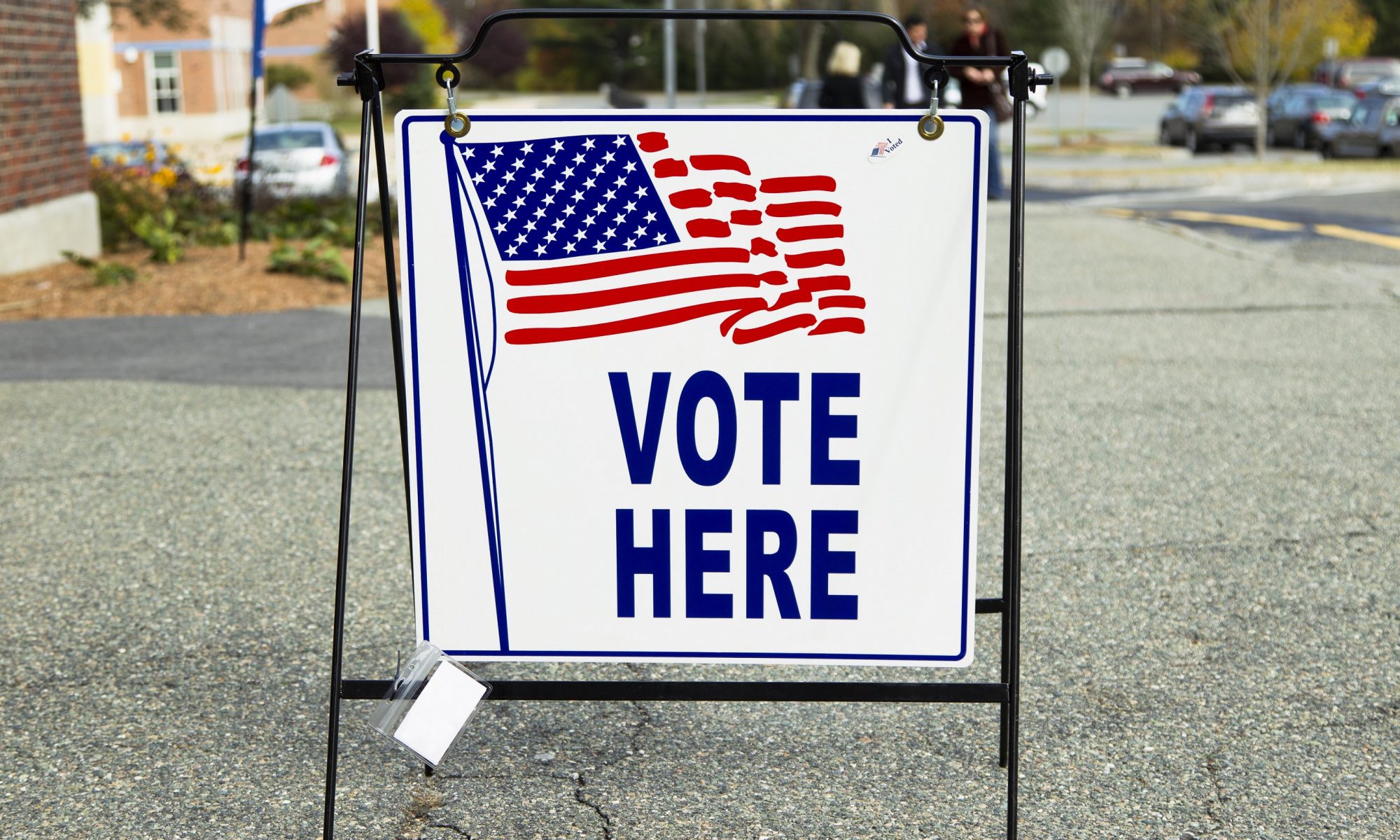Raleigh, N.C. – Legislation funding operations of the State Board of Elections, further securing absentee ballot voting, and adding another day to North Carolina’s early voting schedule was approved by the state General Assembly on Tuesday by a 111-1 vote.
Senate Bill 683 Combat Absentee Ballot Fraud enhances penalties for absentee ballot fraud and creates new crimes for selling or receiving payment for returning completed absentee ballot request forms.
S.B. 683 requires absentee ballots to be submitted with a photo identification that complies with the state’s voter ID law, or an affidavit asserting a reasonable impediment to obtaining a qualifying ID.
It further prevents the harvesting of absentee ballot requests by prohibiting the return of those forms by anyone but the voter, their near relative, or legal guardian.
Absentee ballot request forms would also require a photo ID, North Carolina drivers’ license number, or the last four digits of a social security number to be properly submitted.
Rep. David Lewis (R-Harnett) said the bill requires election specific absentee ballot request forms and expands early voting options in every county across North Carolina.
“This conference report addresses absentee ballot fraud while restoring the last Saturday of early voting, both of which have overwhelming bipartisan support in both chambers,” Rep. Lewis said.
North Carolina has nearly doubled the number of early voting hours provided in statewide elections under Republican leadership this decade. In 2018, the state General Assembly provided more early voting hours than any previous midterm election in North Carolina history.
S.B. 683 further requires all one-stop early voting sites to be open on weekdays from 8:00 a.m. to 7:30 p.m. Current law sets these hours from 7:00 a.m. to 7:00 p.m. in North Carolina.
The bill also adds an additional day of early voting on the last Saturday before the election, and requires a county board of elections conducting one-stop early voting on that day to be open from 8:00 a.m. until 3:00 p.m.
The legislation further appropriates more than $14 million over the biennium to support operations of the State Board of Elections.
The bill creates a new Class I felony for selling, purchasing, or attempting to transact in completed absentee ballots or application forms. It also creates a Class I felony for compensating others based on the number of returned requests for ballots.
Any person who unlawfully influences or interferes with a primary or election, or attempts to do so, would be guilty of a Class F felony under S.B. 683.
The bill also increases existing Class 2 misdemeanors for committing absentee ballot fraud to Class 1 misdemeanors and creates a new Class G felony for intentionally failing to deliver or intentionally destroying request forms and absentee ballots.


